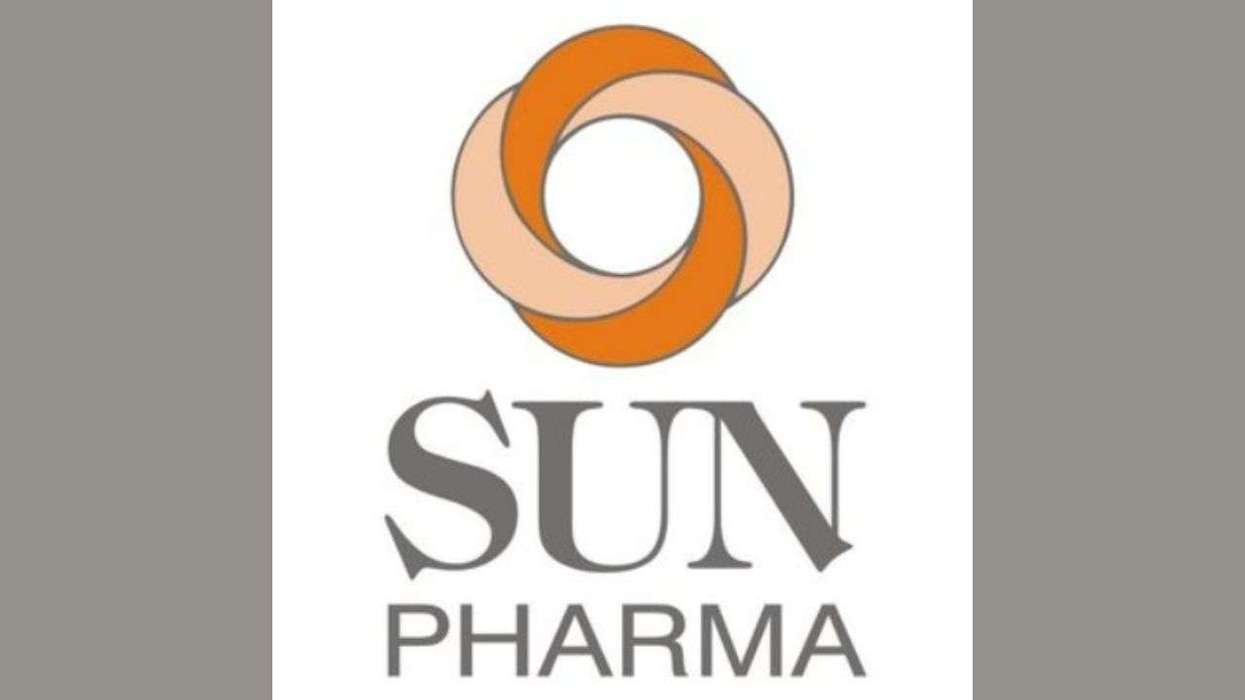Pharmacy leaders have laid out five key tests that any funding package from the government must meet
The National Pharmacy Association (NPA) has warned that it would go ahead with the planned collective action if consultations on the current financial year’s funding do not commence this month and if a proposed deal fails to meet their minimum tests.
New estimates from the NPA show that if collective action goes ahead, over 17,000 hours of pharmacy time per week could be lost to patients, totaling around 900,000 hours over the course of the year.
The organisation has laid out five key tests that any funding package from the government must meet.
It has demanded that the government and NHS England present an offer that meets rising costs, starts to bridge historic funding gaps and gives a roadmap to a sustainable financial future, along with reform of the broken Drug Tariff.
Additionally, the NPA stated that the current system of pharmacy remuneration for medicine supply, which often results in dispensing at a loss, must undergo fundamental change as part of long-term reforms.
The association noted that pharmacy funding should be regularly reviewed to prevent another decade of real-term cuts that could cripple the sector.
“Patience with the failure to commence consultations on the current year’s settlement has worn paper-thin and pharmacies simply cannot wait any longer for a settlement that should have been agreed and paid a year ago,” said NPA chair Nick Kaye.
Kaye stated that the government has been given ample time to respond to the clear concerns raised in their ballot.
“Now is the time to come up with a sensible settlement and a clear roadmap to the reform we all want to see,” he added.
Kaye emphasised that they are ready to work with Ministers and share their stated aims for the sector.
However, he warned that unless a settlement is offered immediately and meets their “modest and sensible tests,” pharmacies will be compelled to reduce their services to “protect patients and ensure there is a viable pharmacy network fit for the future."
The NPA’s five tests for a settlement include:
- An above-inflation increase in the global sum to address past real terms cuts and cover 2024-26 cost increases, including National Insurance and Living Wage rises.
- Urgent one-time lump sum payment in arrears for 2024/25 to prevent financial damage and closures, with no further clawbacks for that period.
- Equitable and transparent core funding from 2025/26, independent of other health providers' actions.
- A clear roadmap for the sector and Drug Tariff reform to deliver the NHS 10-year plan and restore pharmacies to a sustainable financial position.
- A new mechanism for regular funding reviews, ensuring annual increases in line with costs
Community Pharmacy England (CPE) recently announced that they had been assured that CPCF negotiations will re-commence this month.













